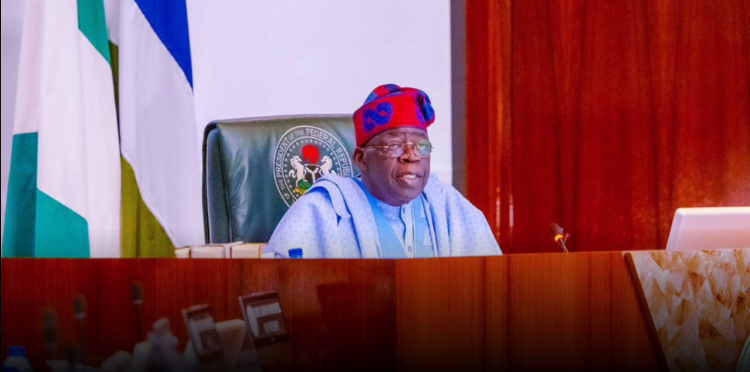Nigerian Government Proposes 5% Duty on Telecom, Gaming Services
The Federal Government has proposed a five percent excise duty on telecommunications services, gaming, and betting activities as part of a new bill to overhaul Nigeria’s tax framework.
The bill, titled, “A Bill for an Act to Repeal Certain Acts on Taxation and Consolidate the Legal Frameworks relating to Taxation and Enact the Nigeria Tax Act to Provide for Taxation of Income, Transactions, and Instruments, and Related Matters,” was dated October 4, 2024, and obtained from the National Assembly.
An analysis of the proposed legislation
showed that it seeks to introduce excise duties on services such as telecoms, gaming, gambling, lotteries, and betting provided in Nigeria.
A section of the bill read, “the amount of an excisable transaction is the amount chargeable for the service by the service provider, both in money or money’s worth.
“Services, including telecommunications, gaming, gambling, betting, and lotteries however described, provided in Nigeria shall be charged with duties of excise at the rates specified under the Tenth Schedule to this Act in a manner as may be prescribed by the Service.”
A breakdown of the excise duty structure in the bill indicates that telecoms services, including postpaid and prepaid services regulated by the Nigerian Communications Commission, will attract a five percent duty.
The same rate will apply to gaming, gambling, betting, and lottery services.
The bill also introduces guidelines on currency transactions, specifying that any difference between the prevailing Central Bank of Nigeria exchange rate and the actual transaction rate will be subject to excise duty.
The new tax regime forms part of the government’s strategy to boost non-oil revenue amidst fiscal pressures.
With rapid growth in the telecoms and betting sectors, authorities are looking to widen the revenue base.
The bill also aims to ensure that currency exchanges align with official CBN rates, with any excess payable as excise duty under a self-assessment model.
Punch/Hauwa Abu


Comments are closed.